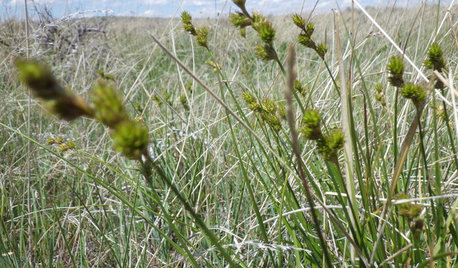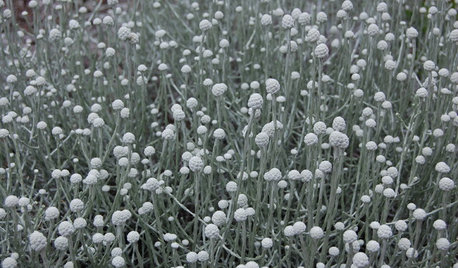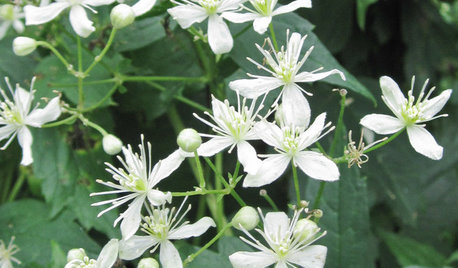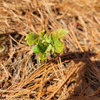Why mound soil?
christinmk z5b eastern WA
13 years ago
Featured Answer
Sort by:Oldest
Comments (10)
grandad_2003
13 years agowayne_5 zone 6a Central Indiana
13 years agoRelated Professionals
Fort Lee Landscape Architects & Landscape Designers · Peabody Landscape Contractors · Bethel Park Landscape Contractors · Bowie Landscape Contractors · Dallas Landscape Contractors · Los Banos Landscape Contractors · Muttontown Landscape Contractors · Oak Harbor Landscape Contractors · Tuscaloosa Landscape Contractors · Eastlake Landscape Contractors · Ansonia Landscape Contractors · Grand Rapids Driveway Installation & Maintenance · New Bedford Driveway Installation & Maintenance · Ocala Driveway Installation & Maintenance · Raynham Driveway Installation & Maintenancenancyjane_gardener
13 years agosandhill_farms
13 years agochristinmk z5b eastern WA
13 years agolaceyvail 6A, WV
13 years agoDan _Staley (5b Sunset 2B AHS 7)
13 years agodigit
13 years agotaz6122
13 years ago
Related Stories

GARDENING GUIDESHow to Stop Worrying and Start Loving Clay Soil
Clay has many more benefits than you might imagine
Full Story
FARM YOUR YARDHow to Get Good Soil for Your Edible Garden
The nutrients in your soil feed the plants that feed you. Here are tips on getting it right — just in time for planting season
Full Story
GARDENING GUIDESGreat Design Plant: Carex Brevior
This mounding sedge native to many U.S. states is tough as nails and can replace the traditional lawn in low-traffic areas
Full Story
FLOWERS AND PLANTSMirabilis Multiflora Brings a Burst of Magenta to Dry Gardens
Plant this high desert native for its copious blooms, mounding habit and appeal to hummingbirds
Full Story
BLUE AND GRAY FOLIAGEGreat Design Plant: Cushion Bush
Fuzzy and otherworldly, this white mounding shrub lights up gardens through all four seasons
Full Story
GARDENING GUIDESGarden Myths to Debunk as You Dig This Fall and Rest Over Winter
Termites hate wood mulch, don’t amend soil for trees, avoid gravel in planters — and more nuggets of garden wisdom
Full Story
GARDENING GUIDESNew Ways to Think About All That Mulch in the Garden
Before you go making a mountain out of a mulch hill, learn the facts about what your plants and soil really want
Full Story
FALL GARDENING5 Ways to Put Fall Leaves to Work in Your Garden
Improve your soil and yard the organic way with a valuable garden booster that grows on trees
Full Story
GARDENING GUIDES6 Native Ground Covers for Tough, Dry Spots
Sun beating down on your sandy gravel? Thick shade darkening your clay soil? There’s a ground cover here for you
Full Story
GARDENING GUIDESGreat Design Plant: Clematis Virginiana
Devil’s darning needles, a vigorous vine native to eastern North America, likes partial shade and many types of soils
Full StorySponsored
More Discussions







thisisme